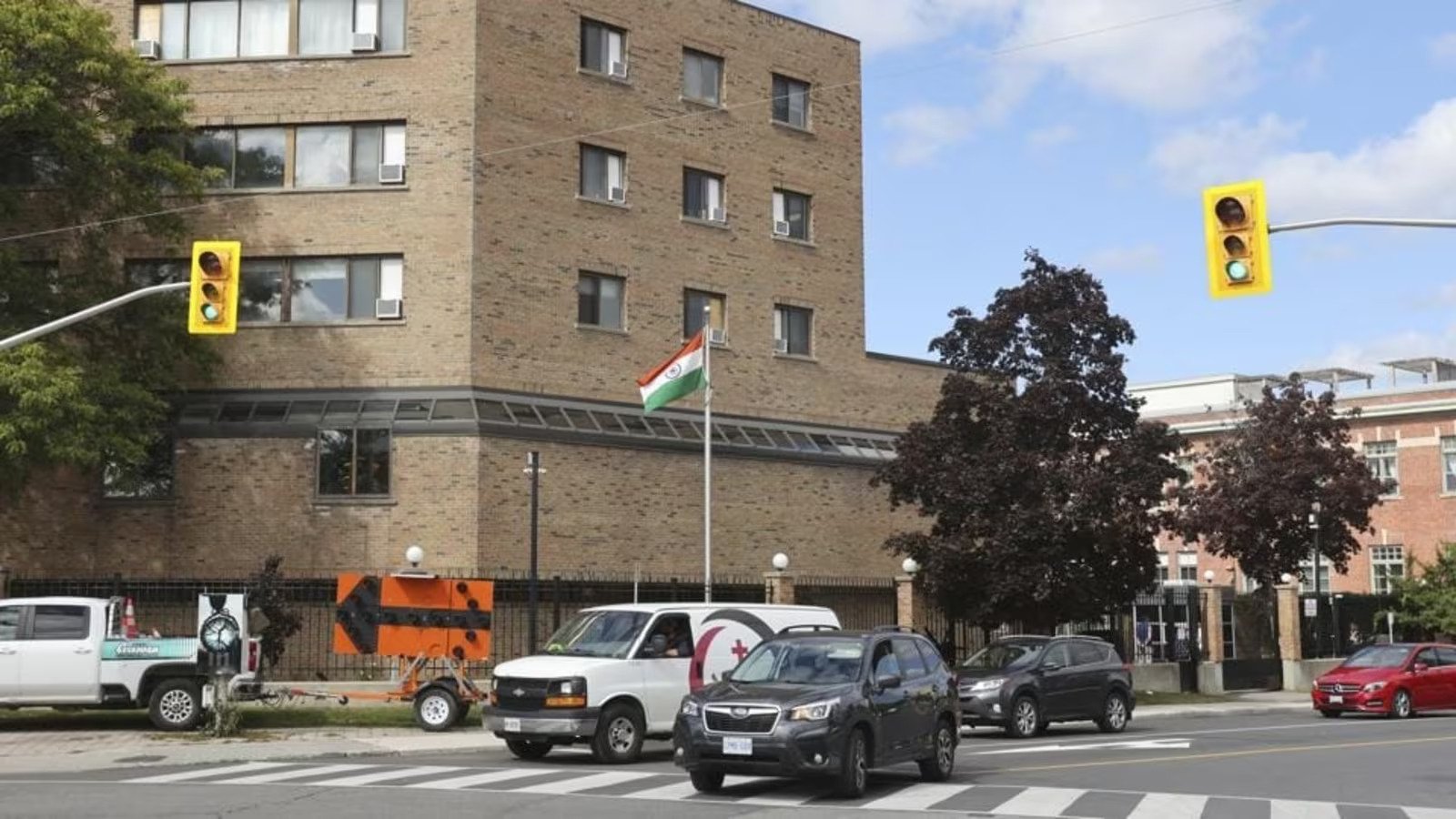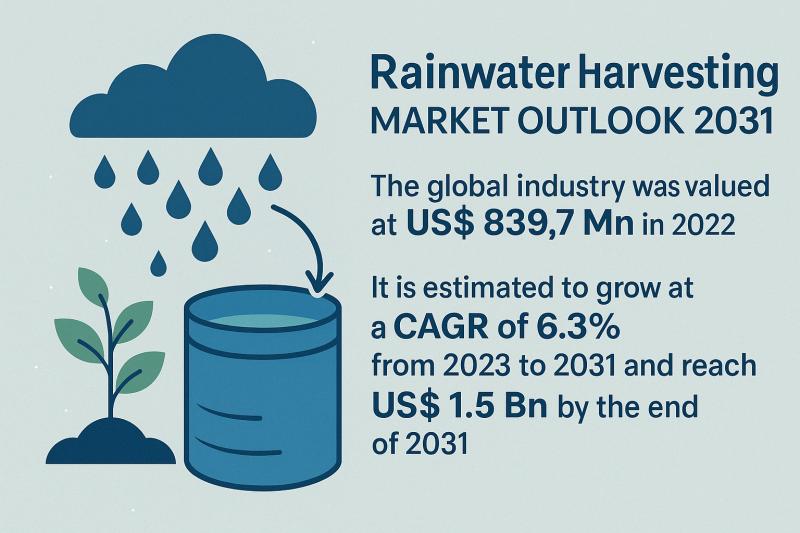Indian diplomats’ parking, congestion charge fines top £9.2 million in London – The Hindu

Report on Unpaid Diplomatic Dues and Implications for Sustainable Development Goals
1.0 Executive Summary
This report details the significant outstanding financial obligations owed by the Indian diplomatic mission in London, primarily concerning the city’s Congestion Charge. As of November 2024, these unpaid dues and penalties amounted to nearly £10 million. This situation presents a notable conflict between diplomatic immunities and the collective responsibility to support urban sustainability initiatives, directly impacting the progress of several key Sustainable Development Goals (SDGs).
2.0 Financial Discrepancies and Arrears
A review of official records, including a Parliamentary statement and information obtained through a Freedom of Information Act request, reveals substantial unpaid charges accrued by Indian diplomatic vehicles and properties. The outstanding amounts are categorized as follows:
- Congestion Charge Penalties: £9,141,875
- National Non-Domestic Rates (NNDR): £99,385
- Unpaid Parking Fines: £13,964
The primary amount relates to the £15 daily Congestion Charge, a fee levied to manage traffic and reduce pollution in central London.
3.0 Diplomatic and Legal Context
The non-payment stems from a fundamental disagreement over the nature of the Congestion Charge.
3.1 Transport for London (TfL) and UK Government Position
TfL, supported by the UK Foreign Office, maintains that the Congestion Charge is a service fee, comparable to a toll or parking fee. In communications to the Indian High Commissioner, TfL has asserted that there are no legal grounds for diplomatic exemption, as the charge is not a form of taxation. This position underscores the principle of universal contribution to services that benefit the urban environment.
3.2 Diplomatic Mission’s Stance
The Indian High Commission, along with missions from the United States and Japan, classifies the Congestion Charge as a tax. Under Article 34 of the Vienna Convention on Diplomatic Relations, diplomats are exempt from such dues. The Indian High Commission has not responded to recent correspondence from TfL on this matter. Despite this ongoing financial dispute, it has not impeded the finalization of the UK-India Comprehensive Economic and Trade Agreement.
4.0 Analysis of Impact on Sustainable Development Goals (SDGs)
The non-payment of these charges by a diplomatic mission directly contravenes the spirit and objectives of several SDGs, undermining local efforts to build a sustainable and equitable urban future.
- SDG 11: Sustainable Cities and Communities
The Congestion Charge is a primary policy instrument for achieving Target 11.2 (provide access to safe, affordable, accessible and sustainable transport systems) and Target 11.6 (reduce the adverse per capita environmental impact of cities). By refusing to pay, the mission undermines the financial viability and equity of a system designed to reduce traffic congestion and air pollution for all of London’s inhabitants, thereby hindering progress towards a more sustainable city. - SDG 13: Climate Action
Urban transport is a significant source of greenhouse gas emissions. The Congestion Charge incentivizes the use of public transport and lower-emission vehicles, contributing directly to climate mitigation efforts. Non-compliance by any party, particularly representatives of a major global partner, weakens the collective action required to address the climate crisis as outlined in SDG 13. - SDG 16: Peace, Justice and Strong Institutions
This goal emphasizes the importance of effective, accountable, and inclusive institutions at all levels. The dispute highlights a challenge to the rule of law (Target 16.3), where the interpretation of international conventions conflicts with local regulations designed for the public good. It raises questions of fairness and accountability when diplomatic immunity is invoked to avoid contributing to essential civic services. - SDG 17: Partnerships for the Goals
While the UK and India have strengthened their economic partnership (Target 17.13), this issue reveals a disconnect in policy coherence for sustainable development (Target 17.14). A true partnership for the goals requires mutual respect for and adherence to local regulations that support shared global sustainability commitments. The current impasse demonstrates a failure to align diplomatic practice with broader responsibilities for sustainable development.
5.0 Conclusion
The accumulation of nearly £10 million in unpaid charges by the Indian diplomatic mission in London represents more than a financial issue; it is a point of conflict with established global sustainability objectives. The case illustrates a critical tension between diplomatic privilege and the universal responsibility to support policies aimed at creating sustainable cities, combating climate change, and upholding the principle of institutional accountability. A resolution is required that aligns diplomatic conventions with the urgent imperatives of the Sustainable Development Goals.
Analysis of SDGs, Targets, and Indicators
1. Which SDGs are addressed or connected to the issues highlighted in the article?
- SDG 11: Sustainable Cities and Communities: The article’s central theme is the non-payment of London’s congestion charge. This charge is a policy tool designed to manage urban traffic, reduce pollution, and fund public transport, all of which are core components of making cities more sustainable. The dispute directly impacts the effectiveness and funding of a system aimed at creating a sustainable urban environment.
- SDG 13: Climate Action: The congestion charge is an urban policy with direct climate implications. By discouraging vehicular traffic in the city center, it aims to reduce greenhouse gas emissions from transportation. The refusal to pay this charge, therefore, works against a local climate action initiative.
- SDG 16: Peace, Justice and Strong Institutions: The article highlights a dispute over the interpretation of international law, specifically Article 34 of the Vienna Convention on Diplomatic Relations. It touches upon the effectiveness and accountability of institutions (both diplomatic missions and host city authorities) and the adherence to rules and regulations. The unpaid fines represent a challenge to the enforcement of local laws and the principle of accountability.
- SDG 17: Partnerships for the Goals: The issue represents friction in the partnership between India and the United Kingdom. While the article notes it hasn’t derailed trade talks, the unresolved financial and legal dispute undermines the principle of cooperation and shared responsibility between nations in adhering to local regulations, especially those designed for public good and sustainability.
2. What specific targets under those SDGs can be identified based on the article’s content?
- Target 11.2: “By 2030, provide access to safe, affordable, accessible and sustainable transport systems for all…” The London congestion charge is a mechanism intended to manage traffic and promote the use of more sustainable public transport systems, which are often funded by such revenues. The non-payment of these fees by diplomatic missions undermines the financial model supporting this target.
- Target 11.6: “By 2030, reduce the adverse per capita environmental impact of cities, including by paying special attention to air quality…” The congestion charge directly addresses this target by aiming to reduce the number of vehicles, thereby lowering air pollution. The article discusses the charge that is central to this effort.
- Target 16.6: “Develop effective, accountable and transparent institutions at all levels.” The dispute revolves around the accountability of diplomatic missions to local regulations. The U.K.’s Transport for London (TfL) and Foreign Office are attempting to enforce what they see as a legitimate charge for a service, highlighting the challenge of ensuring accountability when diplomatic immunity is claimed.
3. Are there any indicators mentioned or implied in the article that can be used to measure progress towards the identified targets?
-
Indicator for Target 11.6: The article provides a direct financial indicator of non-compliance with a policy aimed at reducing the environmental impact of the city.
- The total amount of unpaid congestion charge dues and penalties by Indian diplomatic vehicles is explicitly stated as £9,141,875. This figure quantifies the extent of the challenge to the congestion charge system from this single mission.
-
Indicator for Target 16.6: The article provides clear financial indicators that measure the lack of accountability to local financial regulations, as interpreted by the UK government.
- The outstanding amount for National Non-Domestic Rates (NNDR) is £99,385.
- The amount of unpaid parking fines is £13,964.
These figures serve as concrete metrics for the financial value of the dispute over institutional accountability.
4. Table of SDGs, Targets, and Indicators
| SDGs | Targets | Indicators |
|---|---|---|
| SDG 11: Sustainable Cities and Communities | Target 11.6: Reduce the adverse per capita environmental impact of cities, including by paying special attention to air quality. | Total value of unpaid congestion charge penalty notices by Indian diplomatic vehicles: £9,141,875. |
| SDG 16: Peace, Justice and Strong Institutions | Target 16.6: Develop effective, accountable and transparent institutions at all levels. |
|
| SDG 13: Climate Action | Target 13.2: Integrate climate change measures into national policies, strategies and planning. (The congestion charge is a city-level policy example). | The article implies a challenge to this target through the non-payment of the £15 daily fee, which undermines a key climate-related policy. |
Source: thehindu.com

What is Your Reaction?
 Like
0
Like
0
 Dislike
0
Dislike
0
 Love
0
Love
0
 Funny
0
Funny
0
 Angry
0
Angry
0
 Sad
0
Sad
0
 Wow
0
Wow
0













































































